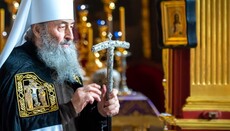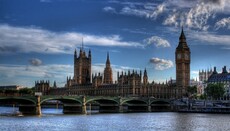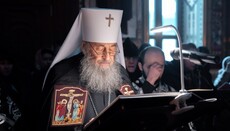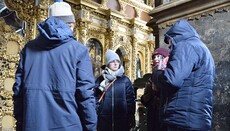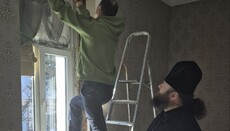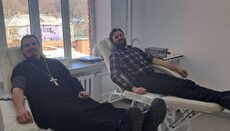UOC hierarch: It’s the OCU that should be investigated for ties to Russia
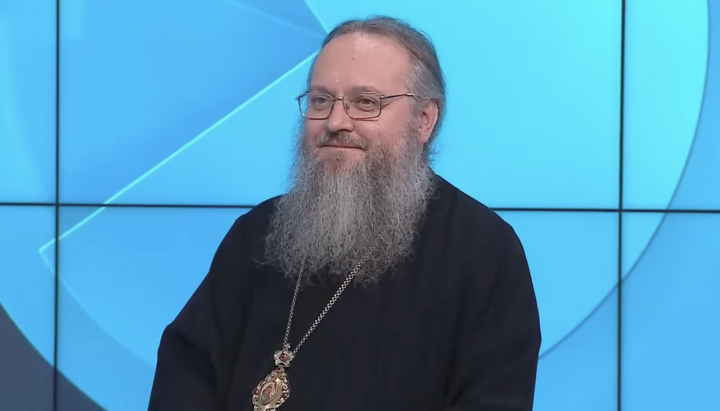
Metropolitan Clement of Nizhyn emphasized that the OCU maintains a functioning diocese in Russia, and that its head is a member of Dumenko’s synod. He also pointed out that some “bishops” of the OCU hold Russian passports.
Speaking on the program Talk Show on Pershyi, which addressed the implementation of law 3894 banning religious organizations with ties to Russia, Metropolitan Clement questioned why the focus is solely on the UOC when there are verifiable connections between the OCU leadership and Russia.
In a conversation with OCU “Metropolitan” Alexander Drabinko – who argued that UOC clergy should formally declare their departure from the Russian Orthodox Church (ROC) – Metropolitan Clement asked whether Drabinko himself had filed such a statement. He noted that the official ROC website still features pages for both Drabinko and Simeon Shostatsky, listing them as ROC bishops (albeit suspended from ministry).
“In Russia, they believe you are still a member of the ROC. Your photo and biography are still on their official website, as is that of Bishop Simeon Shostkatsky. So my question is: what statements have you filed? What actions have you taken to leave the Russian Orthodox Church? And why is the State Service only investigating the UOC, while ignoring these same documents and connections within the OCU?” Clement inquired.
He stressed that “when we speak of the OCU, it is they who have the most direct ties to Russia, the aggressor state. They have an entire diocese – Bogorodskaya – registered in the Moscow region, recognized in Russia’s official registry. Its ruling bishop appears in all official Russian documentation.”
“I don’t know how he got there or for what merit. But this bishop is also a member of the periodically governing body of the OCU – their Holy Synod,” Klyment said.
He also reminded viewers that OCU “bishop” Klyment Kush had admitted to holding a Russian passport since 2014. Furthermore, Metropolitan Clement noted that “bishop” Tykhon Petroniuk had cooperated with the Russian occupation authorities – information publicly available.
Earlier, the UOJ reported that public voices had called for the State Service for Ethnopolitics and Freedom of Conscience to investigate the OCU’s ties to Moscow.
